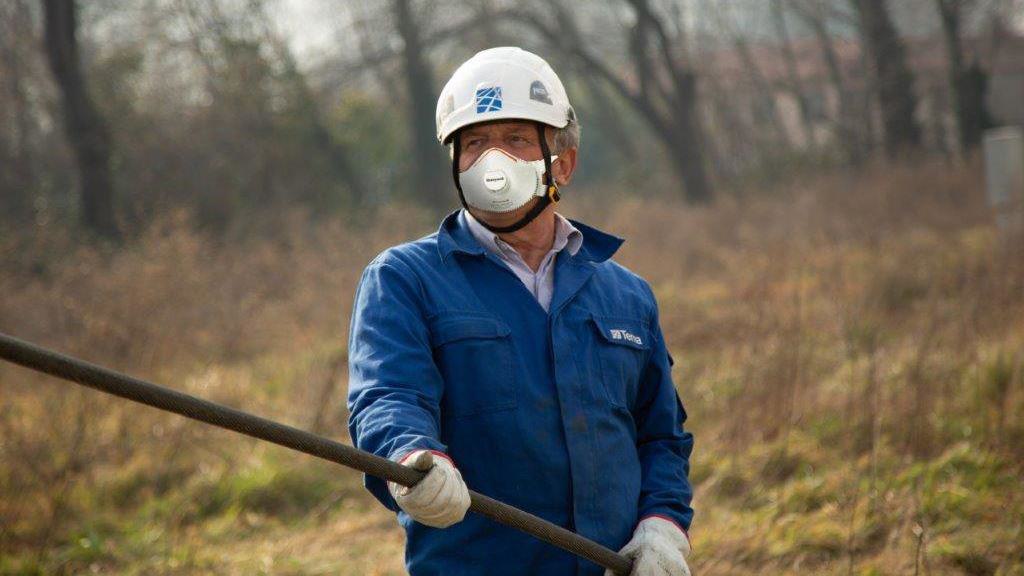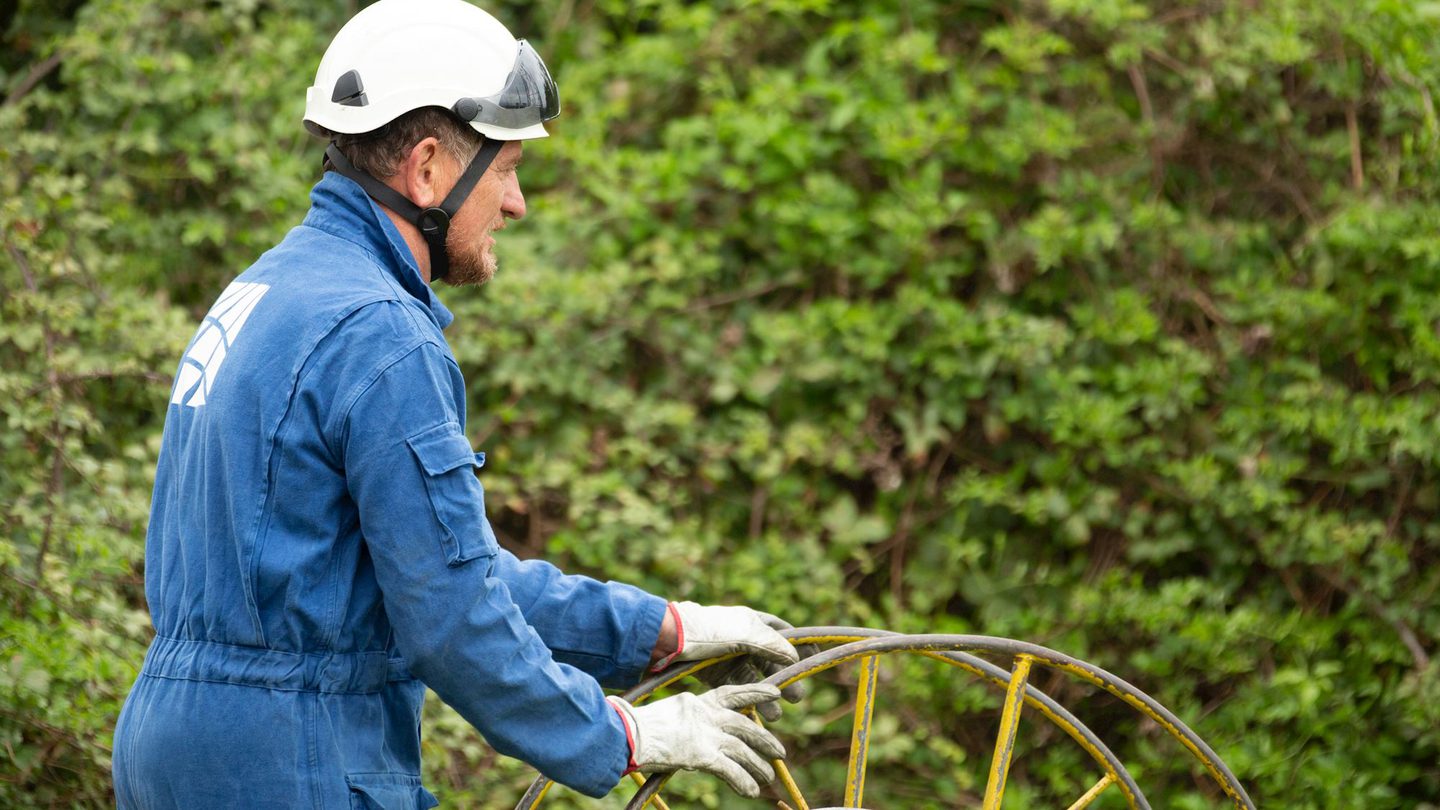In these times of quarantine, so many things have had to be postponed, but transmission grid maintenance is not one of them. And when power lines need to be shut down to enable workers to do their work, that’s when Marco Spina, head of one of Terna's planning teams, comes into play. A 34-year-old electrical engineer, Marco is originally from Molise, but works in Arcole, in the province of Verona, where the Dugale Plant Unit is located. In addition to the Verona area, he is also partly responsible for the provinces of Vicenza and Trento. “We already receive a lot of requests in normal conditions because these are very densely populated territories,” Marco explains. “Now, it’s all amplified even further by the coronavirus emergency, which has hit this country particularly violently”.
In Italy, Terna manages the operation and works on the electricity grid through three territorial departments: North-east (the one where Marco works, which includes Trentino Alto Adige, Veneto, Friuli, Emilia Romagna and Tuscany), North-west (Lombardy, Piedmont, Liguria and Sardinia) and Centre-south (the rest of Italy). In turn, the departments are divided into various plant units, each catering for a portion of the grid, from ordinary operation to maintenance, renewal and development.



